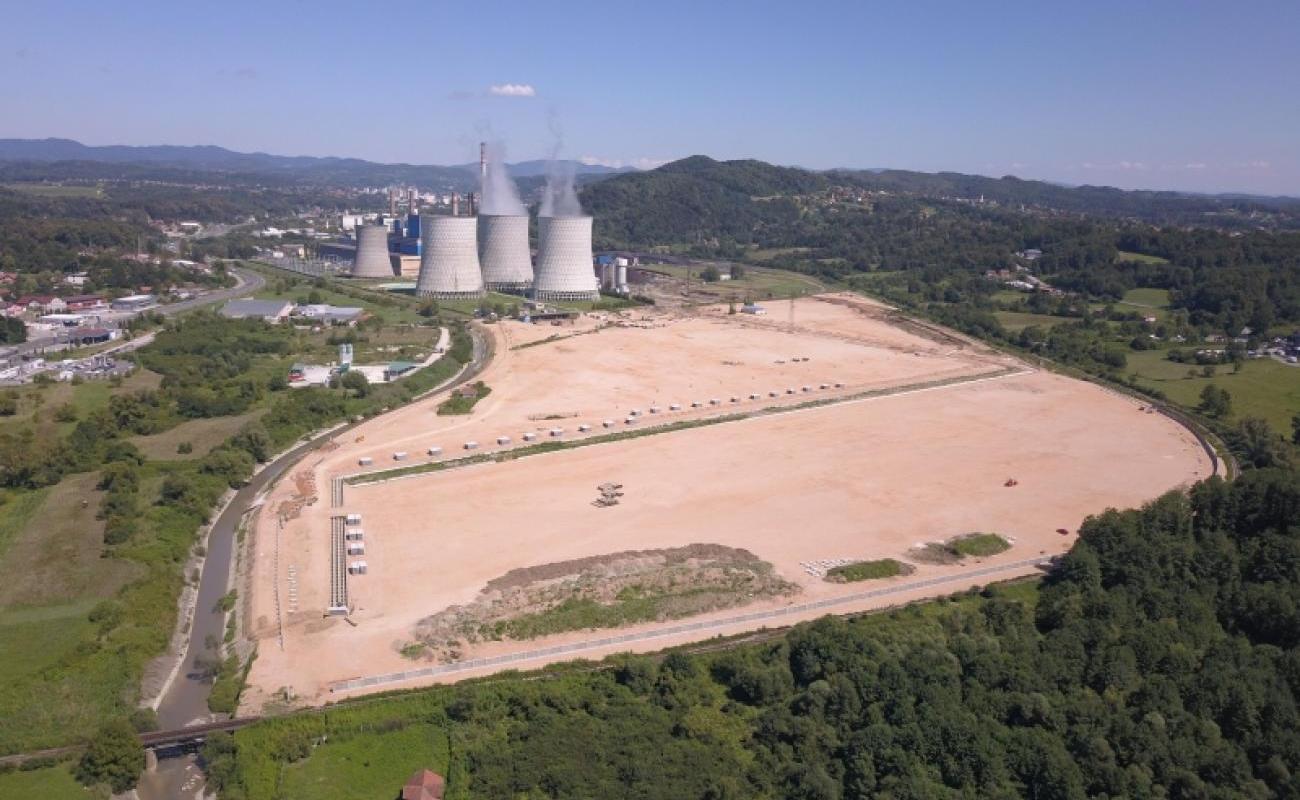Why doesn't China support Schmidt? They are a little angry at Bisera Turković, and a little more because of Block 7

China is a country with which Bosnia and Herzegovina has had at least a correct cooperation and relations so far. They almost never interfered in internal political issues and everything was based on economic cooperation. Yet now they have openly sided with Russia and refused to recognize the legitimacy of the new High Representative, Christian Schmidt.
What made the politically silent China clearly express its position against Schmidt? In addition to Russia, the story of the malignant influence they are trying to achieve in the countries of the region is increasingly connected to China. As such, China is mostly represented by Western countries led by the United States, and as in some other parts of the world, their interests clash in the Balkans. However, despite numerous conflicts, accusations and shootings, the United States and China continue to cooperate in numerous spheres.
BiH's position is ungrateful. Our country cannot oppose either the West or a power like China, especially when it comes to the economic sector. The voice of BiH in a global commitment means essentially nothing, but it means very symbolically to which world as a state we adhere.
In this context, China suffers numerous criticisms for its attitude towards the Uyghurs (a Turkish ethnic group of the Muslim faith that mostly lives in the Chinese province of Xinjiang). China is accused of inhumanely treating the group, which China denies.
Uyghur Statement
Western powers, led by the United States and Great Britain, have initiated the signing of a declaration condemning China for its attitude towards the Uyghurs and for not allowing foreign observers to inspect the situation. It was BiH that signed one such declaration, ie a statement on the human rights situation in the Chinese province of Xinjiang. The statement was signed by more than 40 countries. Milorad Dodik did not give his consent for that statement and demanded that BiH be restrained, but Minister Bisera Turković still signed, which put BiH on the side of the Western allies.
That bothered China, and according to information from diplomatic circles, that is one of the reasons why China became reserved towards BiH, that is, why it opposed the appointment of Christian Schmidt and sided with Russia and Milorad Dodik's policy.
The problem of building Block 7 in Tuzla, the largest post-war investment
Another problem where BiH has run into a problem with China is the project to build a Block 7 thermal power plant in Tuzla. Block 7, whose total value is estimated at 1.4 billion KM, was planned as a replacement block for the existing capacities in the Tuzla Thermal Power Plant, and with its commissioning the existing blocks 3, 4 and 5 should have stopped working. The loan for this project was planned by FBiH taken from the State Bank of China, with part of its share.
Yesterday, the President of the Party for BiH, Semir Efendić, sharply criticized the Prime Minister of FBiH, Fadil Novalić, for this project. It is the largest post-war investment in our country. The contract has already been signed, but problems arose when one of the subcontractors, the American company General Electric, resigned due to internal problems.
According to the contract, the equipment of this company was to be installed in Block 7 of the Thermal Power Plant in Tuzla, however, the replacement offered by the Chinese contractor Gezhouba is not in accordance with the existing tender documentation. Therefore, FBiH is considering terminating the contract because it believes that the Chinese have broken the deadlines, and the problem is shifting between Elektroprivreda BiH - FBiH Government - FBiH Parliament. Thus, the project is worth more than a billion KM before the collapse, after one of the contractors gave up.
Whether this was used only as an excuse because the FBiH repented for entering into a deal with the Chinese, or whether criticism from the West has done its part of the deal is unclear for now. The European Energy Community has been against this project from the very beginning, and it justifies that by saying that investing in thermal power plants is an outdated system and that the world should move towards renewable energy sources. However, there are still many thermal power plants in many EU countries, so the political segment that large Chinese investments do not suit their competitors from the west cannot be ignored.
Those who are fighting with all their might for the continuation of the Block 7 project emphasize that with the failure of this investment, BiH could come to an envious position when it comes to electricity and quickly start importing electricity. There is also the social issue of a large number of miners who are connected to the operation of the thermal power plant. In any case, the story of Block 7 is a huge burden, primarily for the federal government, and consequently has wider reflections such as China's policy change towards BiH, which is reflected in the negative attitude towards the OHR, ie the new High Representative.
